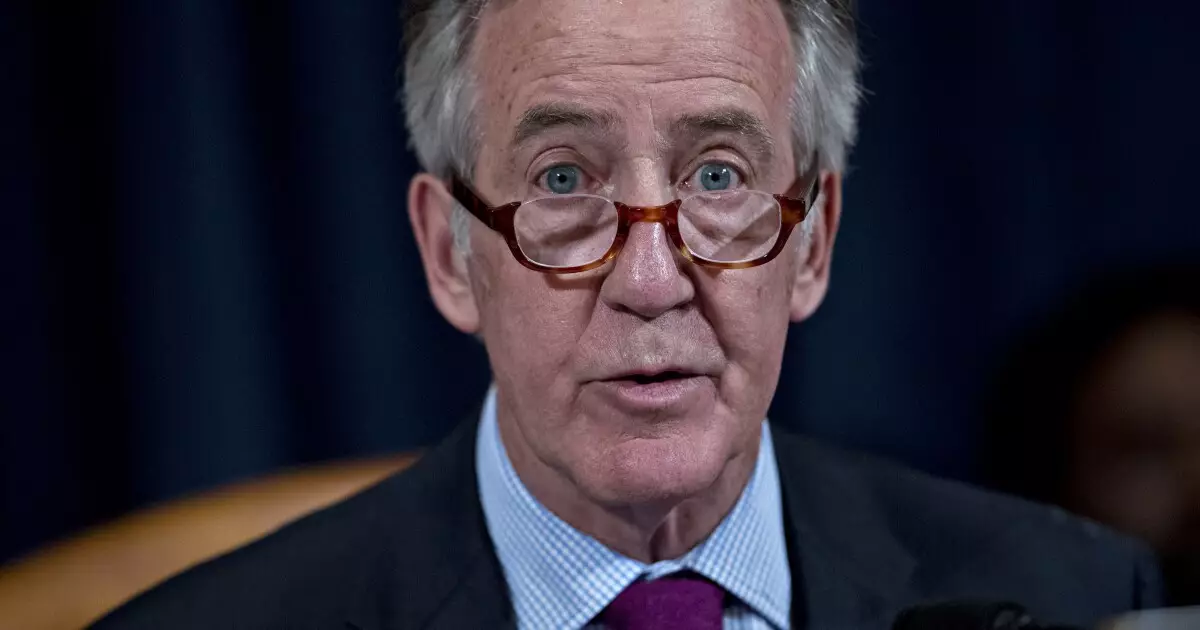The upcoming elections this Tuesday represent a pivotal moment in the U.S. political landscape, as the results will not only determine which party holds the majority in the Senate and House of Representatives but will also have significant implications for the direction of key congressional committees. The outcomes of these tightly contested races may influence crucial policy areas such as tax reform and infrastructure development.
This election cycle sees 34 Senate seats on the ballot, with Democrats needing to secure just four additional seats to regain a majority. The Cook Political Report highlights that 22 races in the House are categorized as toss-ups, indicating a volatile political environment. Current polling suggests that the Republicans may hold a slight edge in the Democrat-controlled Senate, while the Democrats are poised for a narrow victory in the House, typically seen as a Republican stronghold. Should the balance of power switch, various congressional committees that shape economic policy, including those affecting the municipal bond market, will undergo notable leadership changes.
The Senate Finance Committee, responsible for overseeing the tax code, is pivotal in these discussions. If Republicans regain control of the Senate, the chairmanship is likely to be assumed by Sen. Mike Crapo of Idaho. His previous engagements in hearings have underscored concerns regarding the expiration of key provisions from the Tax Cuts and Jobs Act (TCJA), which could have grave implications for revenue generation. Interestingly, Crapo has floated the idea of simply extending existing laws without offsets, a strategy that could preserve crucial features like the municipal bond tax exemption, which Congress may eye as a revenue-generating measure.
The complexion of the Senate Committee on Banking, Housing, and Urban Affairs may also shift dramatically depending on the election’s outcome. If current chair Sherrod Brown (D-Ohio) were to lose his seat, the committee would likely see a new leader emerge, possibly Tim Scott (R-S.C.), aiming to advance the Republican agenda. This transition could inform the legislative landscape surrounding banking and housing policies, which have far-reaching consequences for financial markets and community development initiatives.
On the House side, the Ways and Means Committee currently led by Jason Smith (R-Mo.) is gearing up for swift tax reforms should Republicans secure a robust victory. Smith has formed ten task forces to refine tax policy moving forward, focusing on areas critical to stakeholders, including potential amendments to the state and local tax deduction cap. Notably, adjustments to this cap could directly impact municipal financing and related economic activities.
Should the Democrats reclaim the House, Richard Neal (D-Mass.) is positioned to regain his chairmanship of the committee. Neal has been a well-known advocate for municipal bond interests, and his return to leadership could invigorate discussions on tax policy, particularly the sustainment and extension of favorable municipal financing mechanisms.
The House Committee on Transportation and Infrastructure finds itself at a crossroads as well. Currently led by Rep. Sam Graves (R-Mo.), the committee’s leadership could change dramatically if the Republicans lose the House. Graves, nearing his term limit, is expected to request a waiver for continued leadership but will face strong competition from other Republican members eyeing the chairmanship, such as Rep. Rick Crawford (R-Ark.). Conversely, if the Democratic Party seizes control, Rep. Rick Larsen could lead the committee during major deliberations concerning the next surface transportation bill, following the expiration of the significant Infrastructure Investment and Jobs Act.
Looking Ahead: The Financial Services Committee
Regardless of the election outcome, the House Financial Services Committee will see new leadership. Current chair Patrick McHenry (R-N.C.) is retiring, sparking a race among potential Republican successors. Among the contenders are Reps. Andy Barr (Ky.), Bill Huizenga (Mich.), and Frank Lucas (Okla.), each with distinct visions for the committee. Should the Democrats win, Maxine Waters (D-Calif.) is expected to regain her chairmanship, with her priorities likely involving comprehensive reauthorizations of policies like the flood insurance program, which are essential to risk management and infrastructure resilience.
As the election approaches, it is clear that the results will have profound implications for the shape and direction of critical congressional committees. The shifting leadership could signal significant changes in tax policy, municipal finance, and infrastructure management, thereby influencing economic trajectories at both federal and local levels. However, the polarizing political climate underscores that restoring bipartisanship will be necessary for sustainable policy solutions that can address the pressing challenges the nation faces today.

